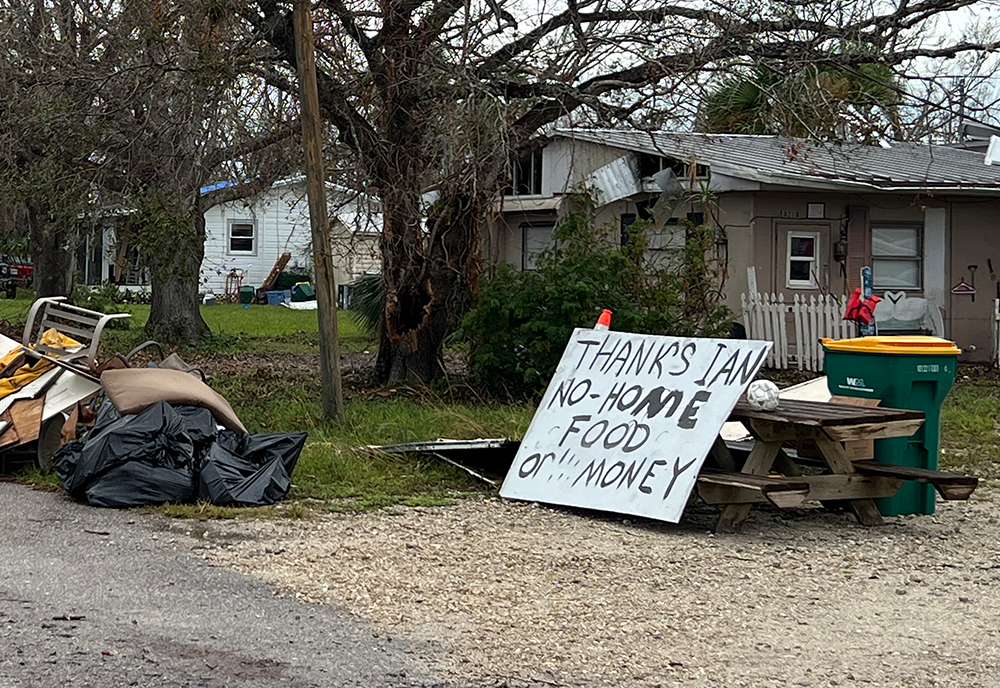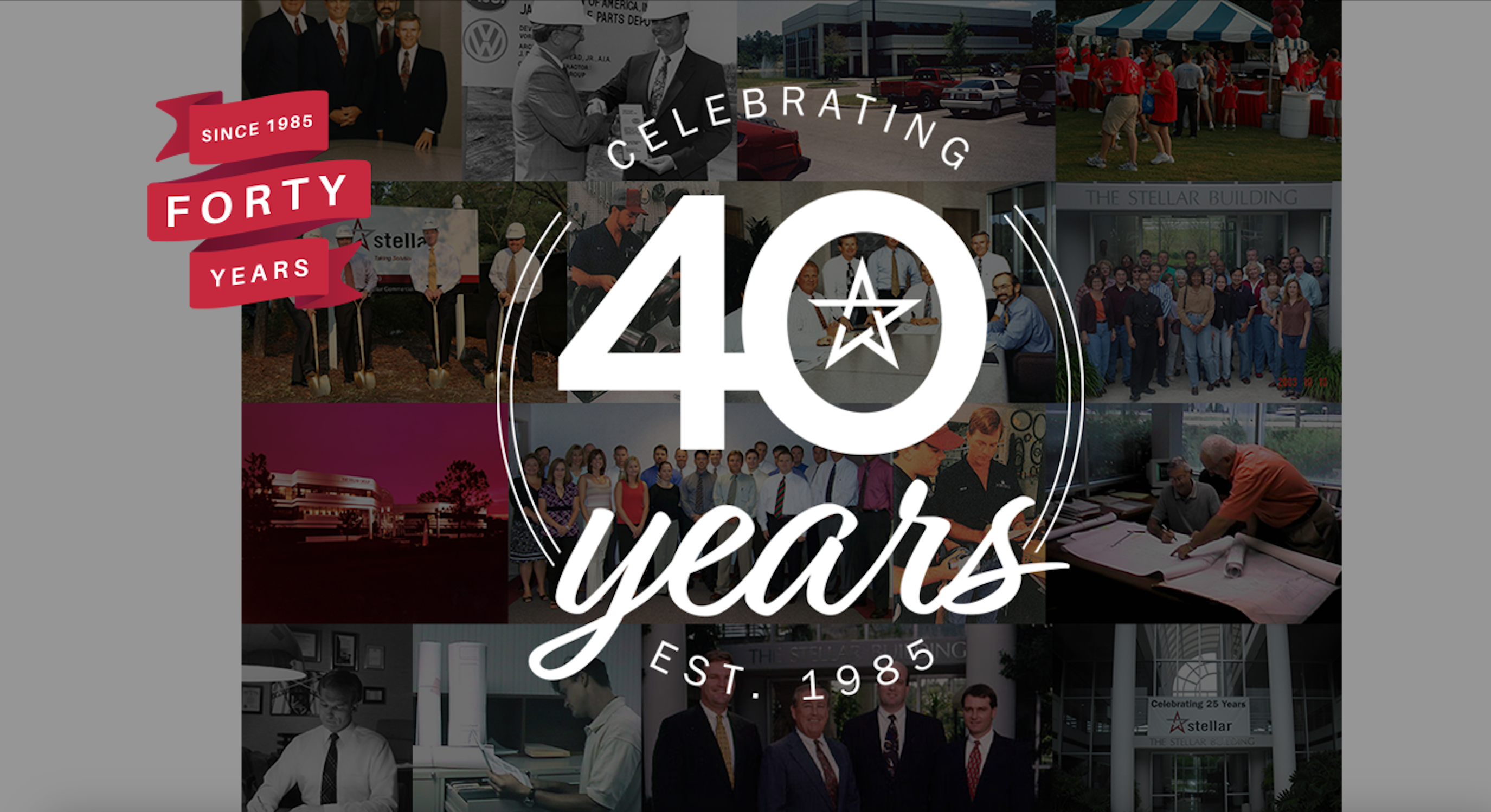Just a few weeks ago, Hurricane Ian devastated much of the Fort Myers area. Many residents have been without power for weeks. The cleanup of the city’s residential and commercial infrastructure has barely scratched the surface. However, amidst this tragedy, many neighborhoods are banding together to create positive change one act at a time.
Christa Remington, assistant professor of public administration at USF, just returned from the Fort Myers area. She was conducting a study on the value of social capital in a disaster. She’s focusing on what’s called a “zero responder”. These are the individuals who are first on the scene, before firetrucks and ambulances arrive.
Zero Responders
These Zero Responders have been able to accomplish much of the immediate disaster relief efforts needed after Ian. This includes things like pulling people from flood waters, searching through the rubble, and providing meals and shelter to those in need. Neighbors and friends have been able to save many people who would be without homes or food after the devastating storm. Especially in places where official government channels or large nonprofits could not locate those in need.
Remington was inspired to pursue a career in disaster research after experiencing the devastating effects of hurricanes herself. She grew up in Arcadia in DeSoto County. This area suffered serious damage during Hurricane Charley in 2004. Remington and many of her friends and family were without power for over a month. Some of her closest friends from school lost their homes entirely, causing them long-term PTSD. However, during this time she saw the power of “neighbor helping neighbor” through her own community. She was inspired to carry that with her throughout her career.
Related: Why Don’t Hurricanes Directly Hit Tampa Bay?
“What I saw was so many people saying, ‘I’m stuck in my home with flood waters, the waters are rising, and I don’t know what to do,’ and then seeing someone say, ‘I have a boat, I’m on my way.’ We saw a lot of that happening and it was more in my experience as a disaster researcher than other years,” Remington said. “I think what we’re seeing after COVID-19 is more of a self-reliance on communities, rather than the government. People have integrated into those smaller units, which is encouraging, because that’s something that has been lost in our culture in the U.S.”
Grass roots reliance
During her research period in Fort Myers, Remington met with public officials, FEMA personnel and local nonprofit leaders to discuss how they can leverage social ties and build greater synergy between them, and the grass-roots efforts led by local volunteers. As her research continues, she will conduct a social network analysis. She will use special software that identifies what people have posted online and when, as well as information collected during focus groups with individuals impacted by Hurricane Ian.
Remington visited a FEMA disaster recovery center and spoke with first responders who were serving their community on the job while grappling with personal loss and the destruction of their own homes. It’s an aspect that also strikes a chord, as Remington’s husband is a firefighter/EMT. Like other first responders, he had to leave his family ahead of the hurricane and prepare for the unknown.
Related: Homes Sales Plummet Over 50% in Cities Hit by Hurricane Ian
During her research, Remington also worked on the ground delivering emergency supplies and food to the Fort Myers Police Department. She did this through the Tampa-based non-profit, Peacekeeper Initiative, which she serves on the Board of Directors. It was founded by one of her former students and offers peer support from first responders to other first responders. This was the group’s second visit to the area. They previously donated tarps, gasoline for generators, and other essential supplies prior to the storm.

“We rely on first responders when disasters hit our community, but often forget that they are victims of the disaster, too. Witnessing how these men and women show up to serve their community despite their own loss is inspiring,” Remington said.
To help those in Fort Myers still recovering from the storm, click here to learn how you can donate through USF.
Interested in our Modern Globe weekly newsletter?
By submitting this form, you are consenting to receive marketing emails from: . You can revoke your consent to receive emails at any time by using the SafeUnsubscribe® link, found at the bottom of every email. Emails are serviced by Constant Contact




























